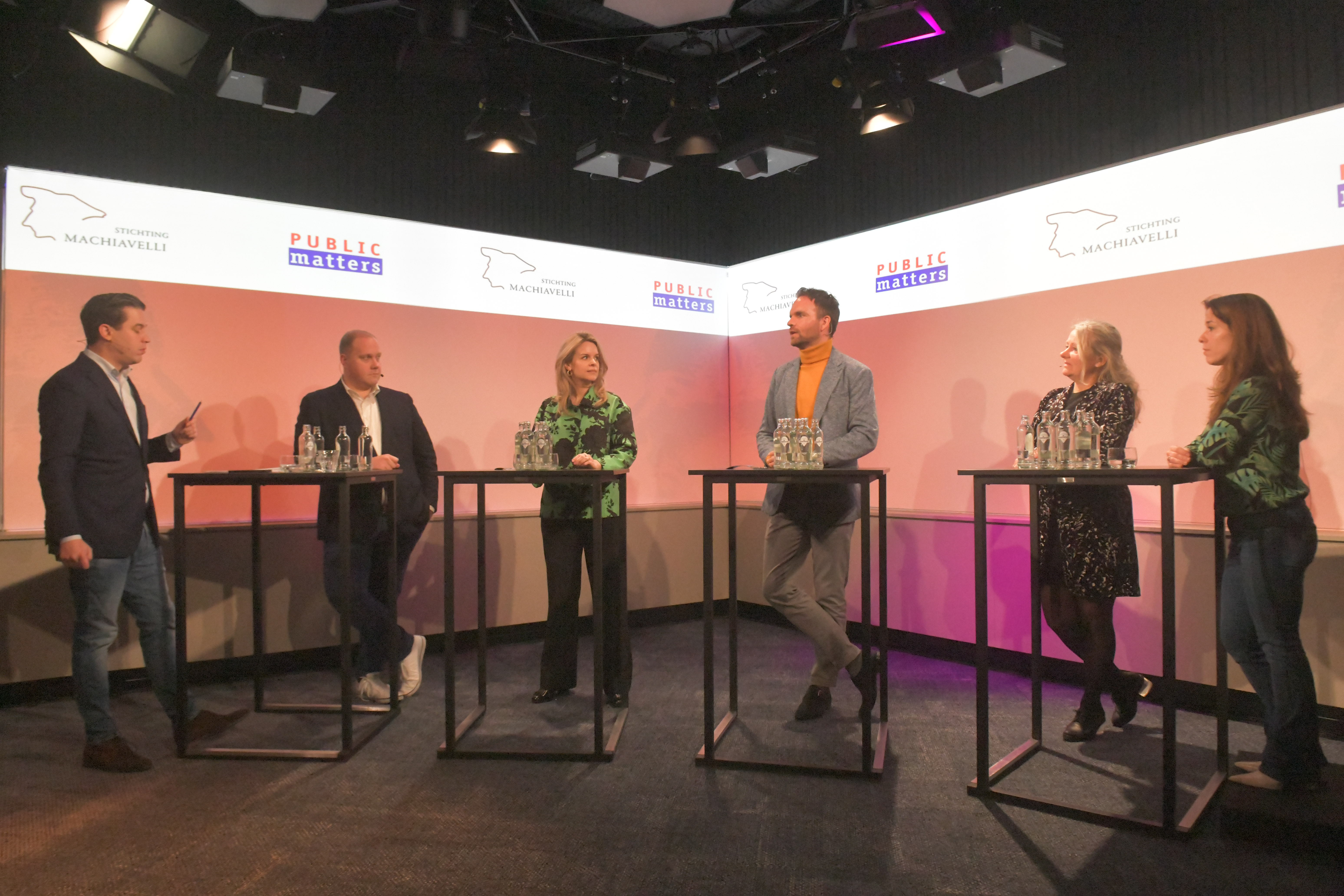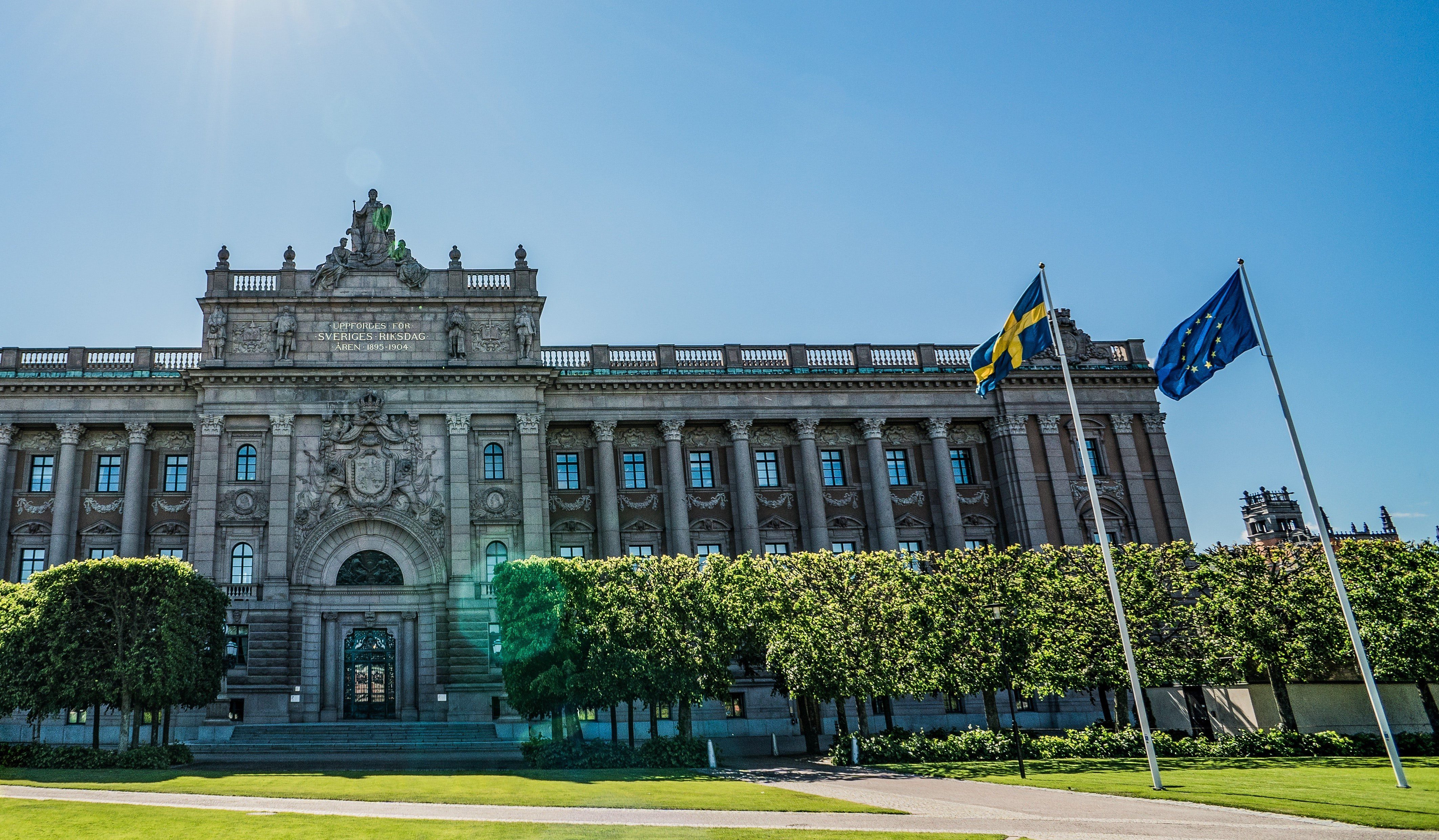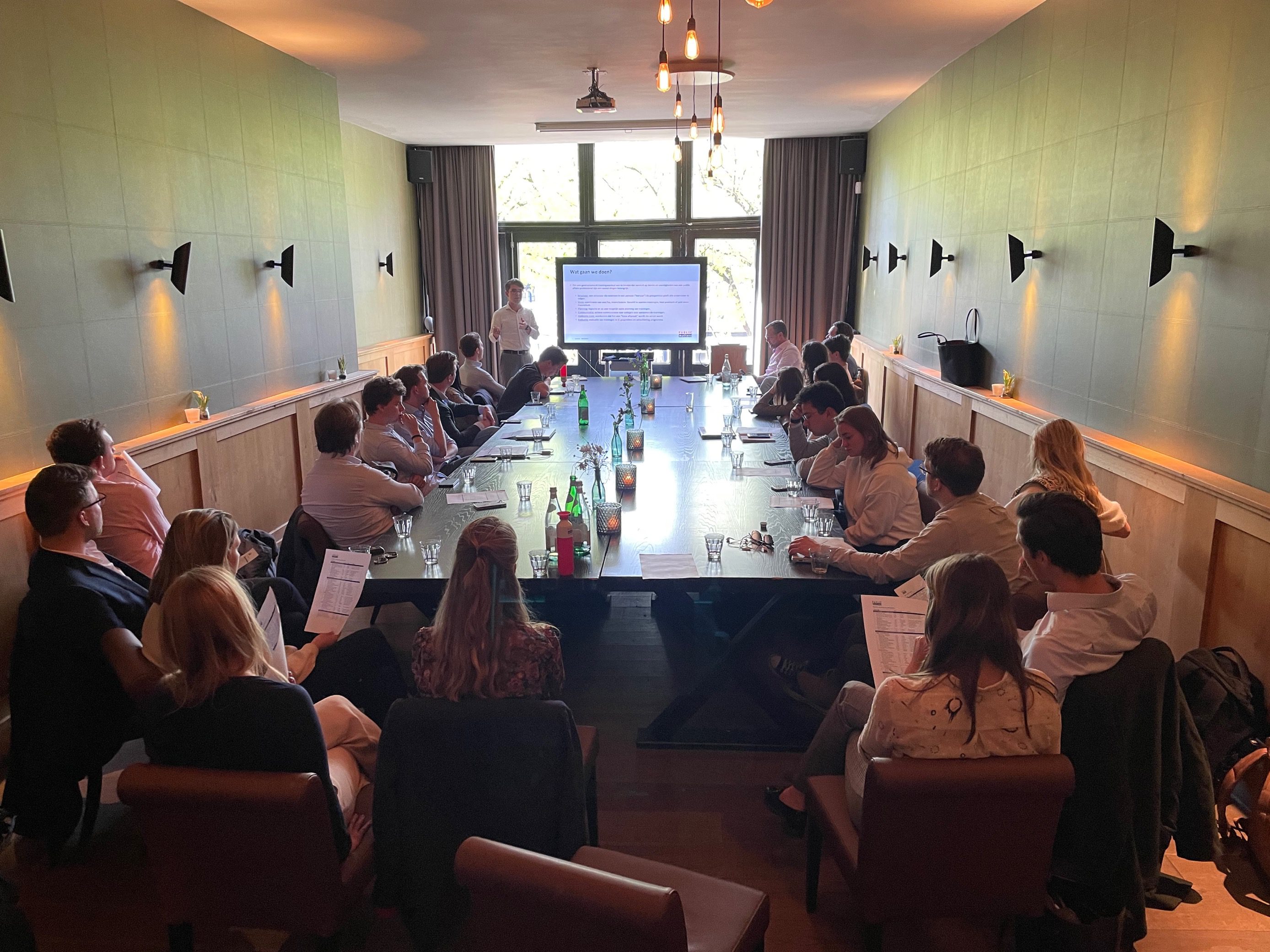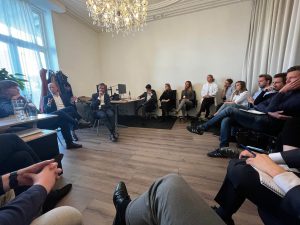Despite various calls and efforts in recent years from, among others, international organisations, civil society and politicians, to develop due diligence legislation, the subject has only recently become a hot topic. The media is full of opinions and contributions from both supporters and opponents. What is striking here is that there seems to be a lot of confusion and misunderstanding about such legislation. This does not always help the dialogue on the importance and development of due diligence legislation. While where it is crucial that companies, politicians, scientists and civil society work together to find a clear solution that is in everyone’s interest.
Confusion is fuelled by the fact that in the Netherlands there are currently three parallel legislative processes for due diligence, each with a different interpretation: an initiative bill by MPs, a cabinet bill and EU legislation. This blog seeks to shed light on what these processes entail.
Due diligence legislation in a nutshell
The essence of such legislation is that companies exercise due diligence and take measures to identify, prevent and address potential human rights and environmental risks in their international operations and supply chains. Several international guidelines exist for this purpose, such as the UN Guiding Principles on Business and Human Rights. In 2011, the OECD (Organisation for Economic Co-operation and Development) introduced guidelines for international companies to be transparent about their value chain. These guidelines provide guidance on how to deal with issues such as chain responsibility, transparency and reporting, corruption, human rights, child labour, exploitation, animal welfare and the environment. These guidelines have become the international standards framework for corporate responsibility. The Netherlands and 37 other countries are members of the OECD and thus subscribe to these guidelines.
Quibbles: law or no law?
There have been many discussions in the House of Representatives between proponents and opponents about the need for due diligence legislation, its scope and implications. In the Netherlands, for instance, initiatives and sectoral cooperation in the form of covenants have existed for some time. In recent years, therefore, the legal enshrinement has been the main point of debate, especially its content.
What is particularly striking in this debate is that it is dominated by the question of whether it is wise to proactively develop national legislation or, on the contrary, to fully commit to the development of EU legislation. Partly due to a protracted debate on this, MPs were already developing an initiative bill for national legislation in early 2021. This is also central to the revived debate between proponents and critics, where more and more parties are voicing their opinions.
Supporters of due diligence legislation want legislation in line with the OECD Guidelines and argue that companies have a responsibility to ensure that their actions do not contribute to violations of human and environmental rights, and that due diligence is an important tool to hold companies accountable for their actions. They also argue that due diligence legislation is important to create a level playing field for business and to stop frontrunners from being disadvantaged. EU legislation is preferable but takes too long, they say. Therefore, until such legislation is in place, national legislation offers a solution.
Critics argue that legislation could negatively affect the position and competitiveness of business on the international playing field where legislation would not apply to foreign parties, therefore due diligence legislation should at least be regulated at EU level. There are also fears of a patchwork of different legislation, unclearly worded regulations resulting in all possible legal consequences and fears of a paper reality that diverts resources from important business activities and actual impact.
The Achilles heel of the EU
The Dutch cabinet is in favour of due diligence legislation at EU level and in recent years, under the leadership of the ministry of Foreign Affairs and under the supervision of then ministers for foreign trade and development cooperation (BHOS) Sigrid Kaag, Tom de Bruijn and current minister Liesje Schreinemacher, has pushed for swift development of this. After yet another delay in the publication of a EU directive, patience with Brussels ran out and it was decided – due to considerable pressure from the House of Representatives – to develop national legislation in parallel with EU legislation. This to be prepared for rapid implementation and to simulate the development of EU legislation by setting the right example. In doing so, the cabinet aims for such legislation to be effective, clear and enforceable. Accordingly, the Rutte IV coalition agreement stipulated that the Netherlands is committed to EU due diligence legislation and will introduce national legislation that takes into account a level playing field with neighbouring countries and implementation of these EU regulations.
Finally, in February 2022, the European Commission published a proposal for the Corporate Sustainability Due Diligence Directive (CSDDD), which mandates the application of due diligence for large companies operating in the EU market. Last December 2022, the Council adopted a watered-down version, which, among other things, no longer holds civic liability and limited the scope of the proposal. Interestingly, the Netherlands voted against this compromise because it fell short of the Dutch commitment. Nevertheless, the cabinet remains committed to EU legislation. Currently, the European Parliament is considering the proposal and trialogues (negotiations between the Commission, Parliament and EU member states) are likely to start in May 2023, where another fierce discussion is expected. The Commission’s ambition is to reach an agreement before the 2024 elections, this because after that the European Parliament might have a very different composition with different thoughts on due diligence legislation.
An initiative from the Dutch House of Representatives
Despite the fact that the Dutch cabinet is working on its own bill, these preparations were temporarily halted in November 2022 when MPs Stieneke van der Graaf (Christen Unie – Christian Union), Jasper van Dijk (SP – Socialist Party), Joris Thijssen (PvdA – Labour Party), Tom van der Lee (GroenLinks – Green Party), Marieke Koekkoek (Volt Netherlands) and Alexander Hammelburg (D66 – Liberal Democrats) tabled an initiative proposal. According to the initiators, the development of both national and EU legislation is taking too long. The initiative bill has been worked on for a long time by the political groups and is partly based on advice from the Council of State (RvS) and the Commission’s proposal. The question is whether there will be a majority for the initiative in both the House of Representatives and the Senate. For instance, the House of Representative was divided during the parliamentary roundtable discussion (18/1) organised recently, which was preceded by a considerable media storm in which supporters and opponents stirred. Minister Schreinemacher is currently in talks with the initiators to explore options for possible synergy and a widely supported cabinet proposal. More information on this is expected by summer.
Cabinet plays crucial role in decision-making and constructive dialogue
The discussion that has recently flared up in the Netherlands revolves mainly around the MPs initiative bill. This while, at the same time, discussions on EU legislation are currently still ongoing and the cabinet is expected to publish its own bill this summer. Each of these bills has its own unique characteristics and challenges, and it is therefore important to understand it in the right context. The debate around due diligence legislation therefore underscores the importance of and need for clear and unambiguous legislation.
Although on the late side, it is positive that more politicians, companies and other organisations seem to have woken up and are feeding the discussion. Therefore, in the coming period, interest representation can play an important role in creating support and mutual understanding. The cabinet, and minister Schreinemacher in particular, has a crucial role to play in connecting politicians, business, academics and civil society to not only reach agreement on which direction due diligence legislation is going, but also to ensure constructive dialogue. A good starting point for this was the international conference on due diligence organised by minister Schreinemacher (23/1), which brought together, among others, European Commissioner Didier Reynders (responsible for the due diligence dossier), MEP Lara Wolters (rapporteur for the dossier), representatives of neighbouring countries and the business community to exchange views.
Although there is much debate about the potential impact of such legislation, it is clear that there is a growing need for corporate responsibility and transparency to ensure a fair and sustainable future for all of us. Whether through a MPs initiative, the Dutch cabinet or Brussels, legislation will follow.
Public Matters informs and advises companies and organisations on, among other things, due diligence legislation and similar (international) legislation for business activities. Check our website for more information or contact us to see how we can support you.













